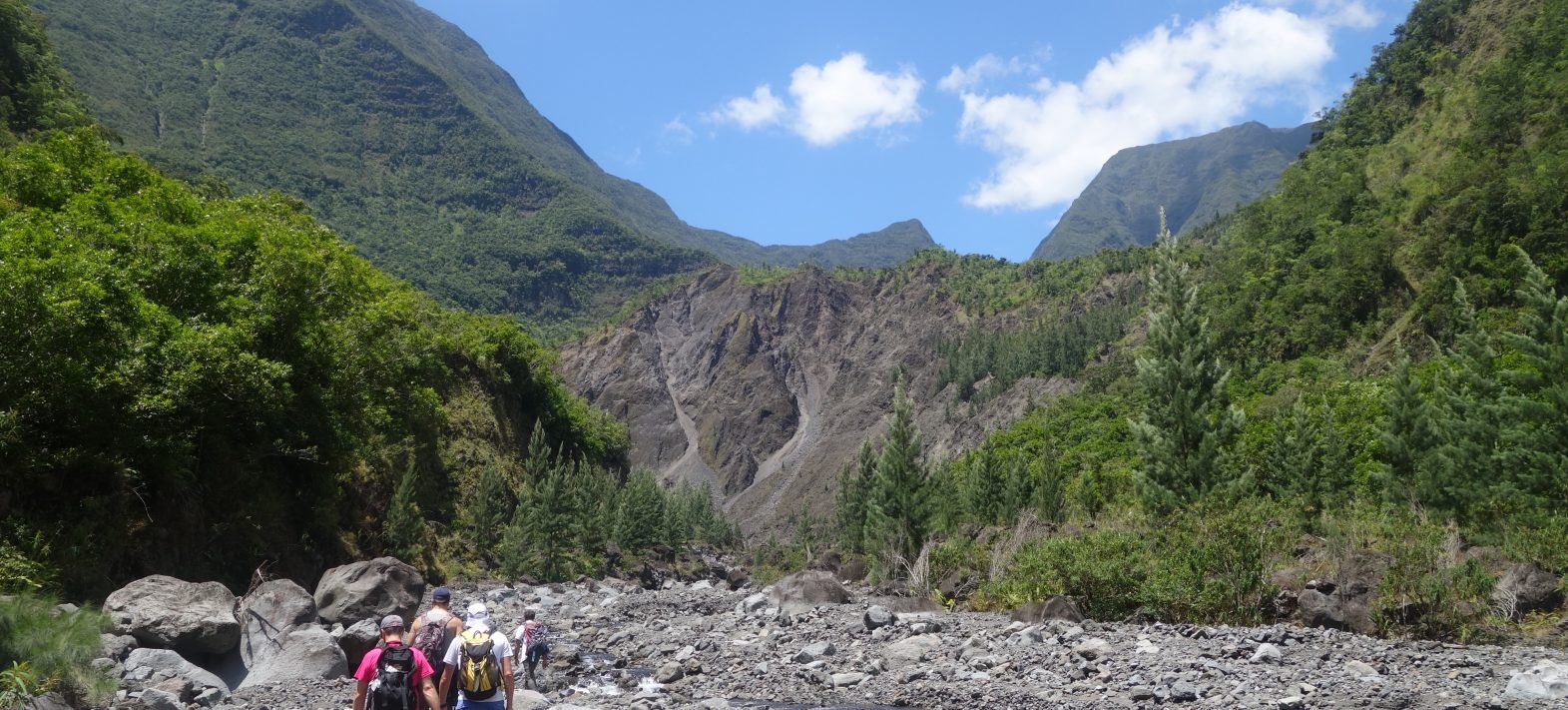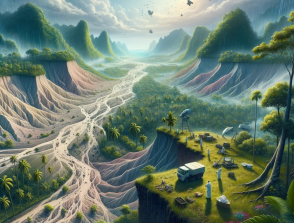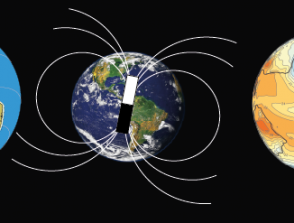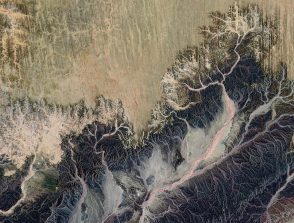PALAVAS: Present and pAst weathering fLuxes from tropicAl Volcanic islAndS

Start: 01/09/2023
Campaign and mission, European partnership
Coordinators : Julien Bouchez
Host institutions :
CNRS and IPGP
Partner institutions :
FU Berlin, GFZ Potsdam, EDYTEM
Related teams :
External Envelopes Geochemistry, Paleomagnetism
Related themes :
Earth System Science
On the geologic time scale, chemical weathering of silicate rocks is the largest sink for atmospheric CO2. It has been suggested that the weathering of volcanic islands constitutes a substantial fraction of the global uptake of atmospheric CO2 by rock weathering, because these rocks are characterized by rapid dissolution kinetics. Tropical volcanic islands are particularly important because of their sustained orographic precipitation under a warm climate and high physical erosion rates triggered by cyclones.
In the PALAVAS project, we test the hypothesis that, in the absence of landscape rejuvenation by tectonic uplift as encountered in collisional orogens, weathering rates on tropical volcanic islands are indeed initially very high after the establishment of a volcanic field, but then decline sharply. To test this hypothesis, we apply classical elemental geochemistry and new isotope tracers (beryllium and lithium) to quantify weathering rates and intensity, complemented by biomarker analysis and numerical modeling to deconvolute climatic controls on weathering, on the intensively studied tropical islands of Guadeloupe and Reunion. On these islands, terrestrial lake archives (<10 ka) are expected to record the most recent variations in weathering and erosion. Marine archives (<800 ka) off Reunion that are directly fed by coastal rivers draining lava units of distinct ages offer the potential to capture the complete history of mafic alteration for a given volcanic field. By examining modern weathering products (soils/fluvial sediments) that prevail on lava units of different ages, the sensitivity of our proxies to mafic and intermediate rock types will be assessed.






